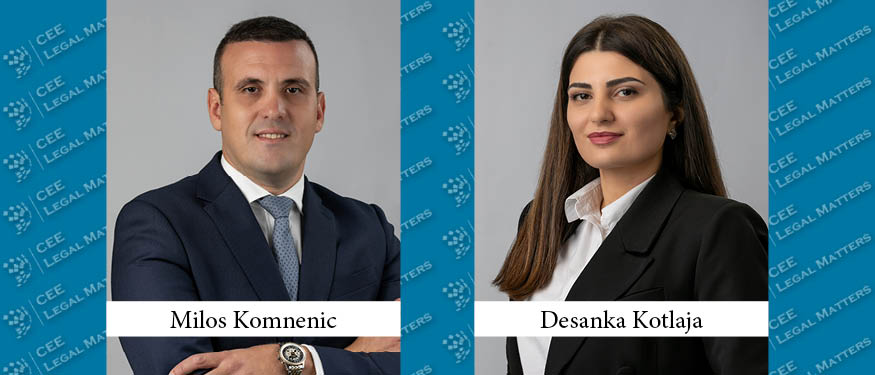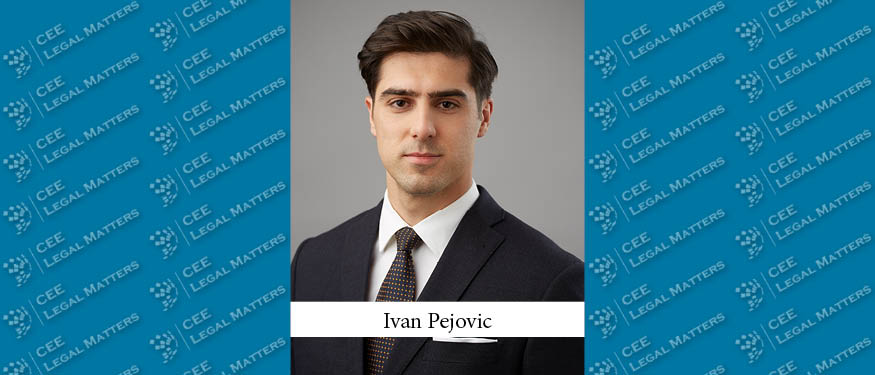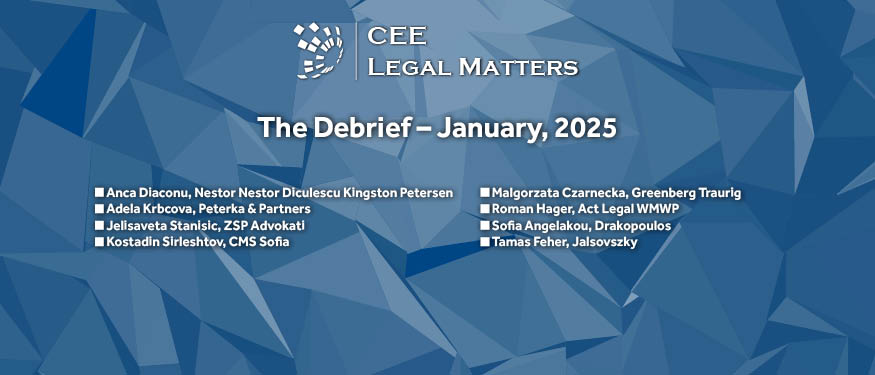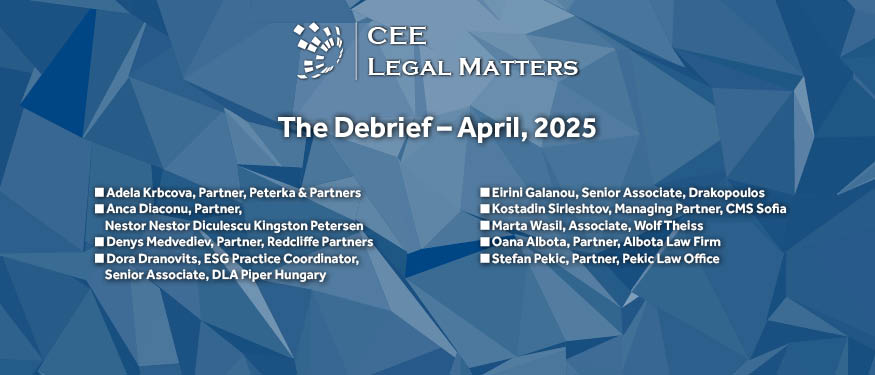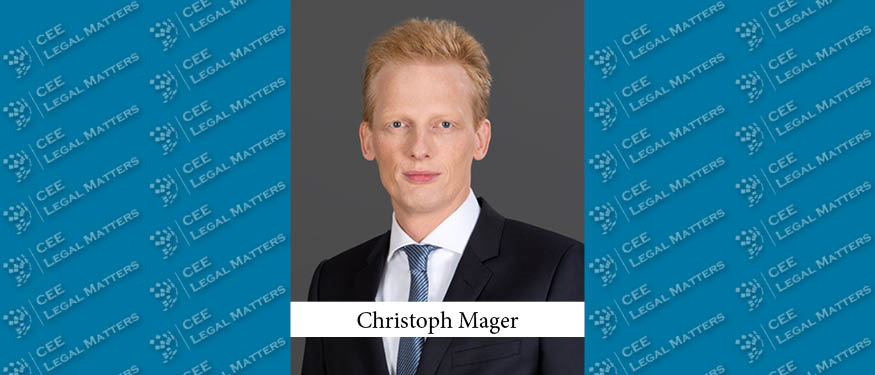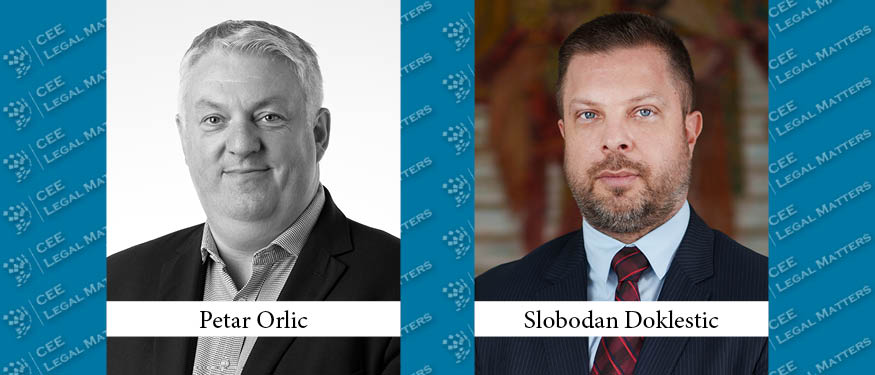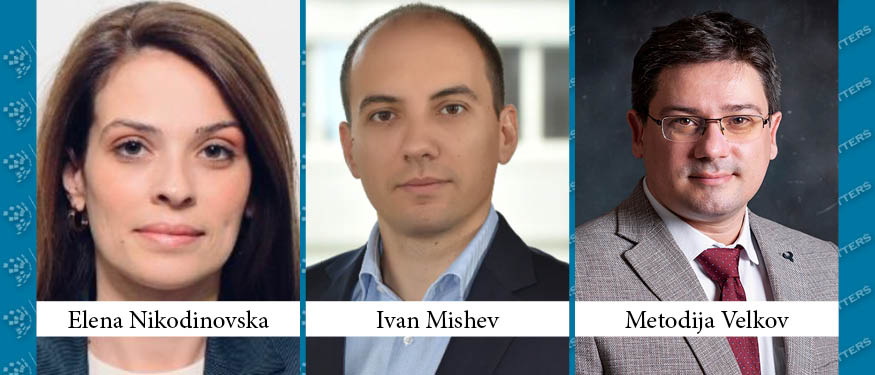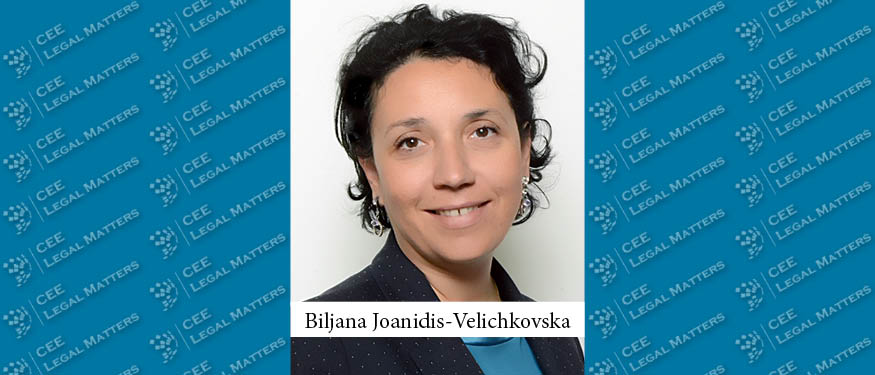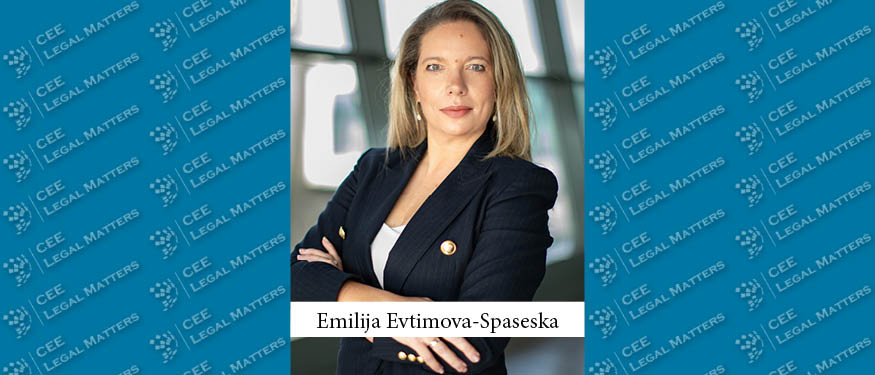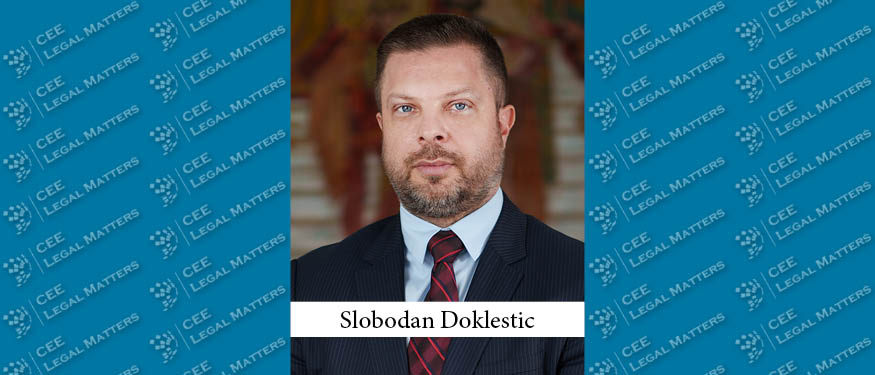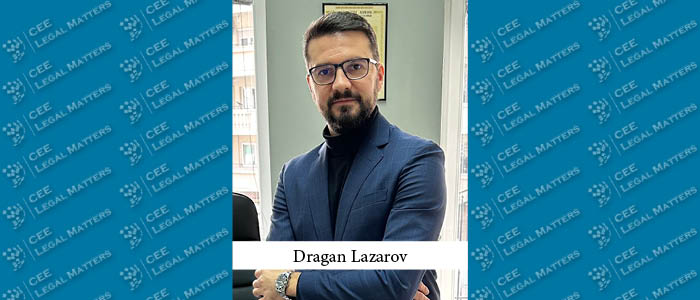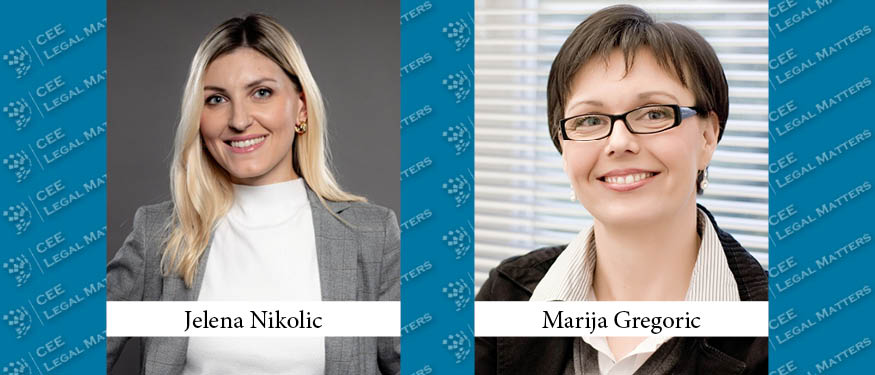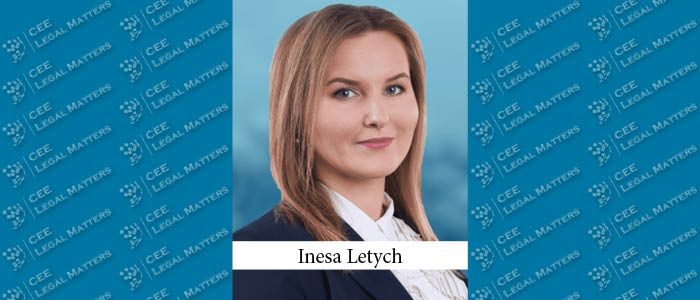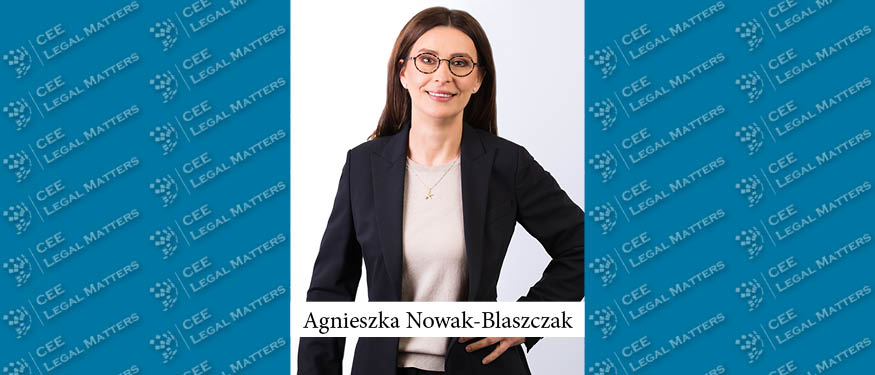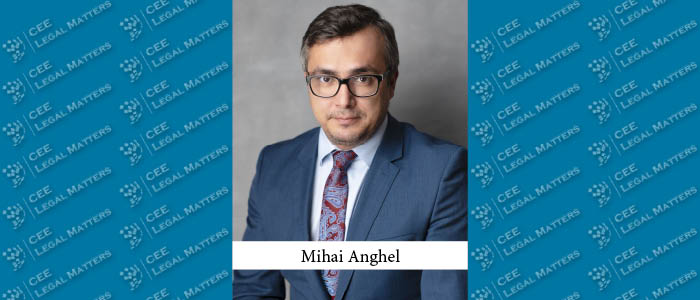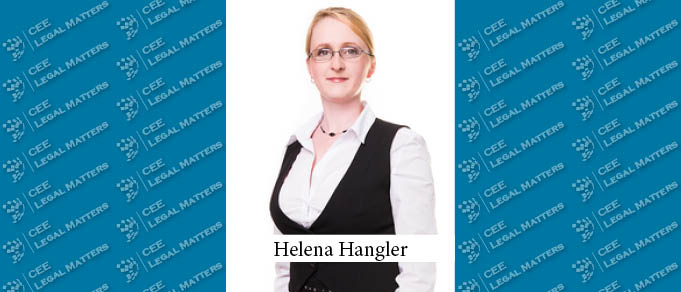As Ukraine continues to resist the Russian Federation’s invasion, its M&A market in 2024 demonstrates both resilience and adaptability. While the early months of the full-scale war in 2022 likely represented an all-time low for dealmaking, today’s landscape appears far more dynamic. Although reaching and surpassing pre-war levels of activity will take time, the market is showing clear signs of recovery.
Real Estate in Montenegro – Balancing Between Public Revenue Growth and Investment Appeal
Montenegro’s real estate sector is undergoing significant transformations due to recent legislative changes and proposed reforms, particularly in the tourism sector. These novelties will impact investors, developers, and most certainly the entire economy of Montenegro, but it remains debatable if the impact will be positive.
New Year, New Tax Adjustments: Montenegro’s 2025 Update
From September 2024, the Montenegrin Parliament passed a series of tax legislative amendments aligned with the country’s Fiscal Strategy for 2024-2027. Set to take effect on January 1, 2025, these reforms aim to increase budget revenues to offset recent reductions in labor taxes and improve the business environment. The changes affect the Corporate Income Tax Law, Personal Income Tax Law, VAT Law, Law on the Write-off of Interest on Outstanding Tax Liabilities, and Excise Law, focusing on modernizing the tax system and stimulating investments primarily in the agricultural sector.
The Debrief: January, 2025
In The Debrief, our Practice Leaders across CEE share updates on recent and upcoming legislation, consider the impact of recent court decisions, showcase landmark projects, and keep our readers apprised of the latest developments impacting their respective practice areas.
The Debrief: April, 2025
In The Debrief, our Practice Leaders across CEE share updates on recent and upcoming legislation, consider the impact of recent court decisions, showcase landmark projects, and keep our readers apprised of the latest developments impacting their respective practice areas.
Guest Editorial: Legal Services Market Trends in CEE
I have now spent more than 25 years in the legal advisory business world. With my core focus on cross-border M&A transactions for Austrian and international clients and having worked on many deals that also covered the Central and Eastern Europe (CEE) region, I have witnessed lawyering in CEE register remarkable growth and sophistication over the past years.
The Corner Office: New Practice Development Strategy
In The Corner Office, we ask Managing Partners at law firms across Central and Eastern Europe about their backgrounds, strategies, and responsibilities. This time around we turn our attention to setting up new practices and ask: When launching a new practice, what is your go-to strategy – do you look at internal team members to spearhead it, or are you more likely to turn to lateral hires? Why?
La Grande Nouvelle Du Jour: Serbia and France Sign Transformative Agreements
Serbia and France recently deepened their bilateral relations by signing multiple strategic agreements during French President Emmanuel Macron’s visit to Belgrade. These agreements span multiple sectors and are poised to have profound impacts on Serbia’s economy, business environment, and legislative landscape. Doklestic Repic & Gajin Partner Slobodan Doklestic and NKO Partners Partner Petar Orlic look at these agreements and their anticipated effects.
Gambling: North Macedonia’s High-Stakes Industry
In North Macedonia, gambling is more than just a popular pastime – it’s a major economic driver. Papazoski and Mishev Law Firm Attorney at Law Ivan Mishev, Law office Emil Miftari Attorney at Law Elena Nikodinovska Miftari, and Polenak Law Firm Partner Metodija Velkov discuss the industry’s impact on the economy and the challenges posed by evolving regulations.
Governmental Reshuffle in North Macedonia: Streamlining for Growth
North Macedonia has undergone a significant governmental reshuffle following its recent elections. Joanidis Founding Partner Biljana Joanidis-Velichkovska discusses these changes and their implications for the country.
Inside Insight: Interview with Emilija Evtimova-Spaseska of TAV Macedonia
TAV Macedonia Legal Affairs Manager Emilija Evtimova-Spaseska discusses her journey from law firm partner to in-house counsel and her role in overseeing legal operations for Skopje and Ohrid airports.
Know Your Lawyer: Slobodan Doklestic of Doklestic Repic & Gajin
An in-depth look at Slobodan Doklestic of Doklestic Repic & Gajin covering his career path, education, and top projects as a lawyer as well as a few insights about him as a manager at work and as a person outside the office.
Know Your Lawyer: Dragan Lazarov of Law Office Lazarov
An in-depth look at Dragan Lazarov of Law Office Lazarov covering his career path, education, and top projects as a lawyer as well as a few insights about him as a manager at work and as a person outside the office.
Digital Nomads in Croatia, Montenegro, and Serbia
Central and Eastern Europe is increasingly on the radar of digital nomads seeking new destinations. The countries they flock to see their markets impacted – for better or worse – with both opportunities and challenges aplenty. Babic & Partners Partner Marija Gregoric and JPM & Partners Partner Jelena Nikolic analyze these impacts.
Ukraine: Employee Incentives – Important Employment Law Considerations
Keeping employees motivated and engaged, and retaining the brightest talent can be an effortful task for businesses. Employers agree that fixed net income and mere compliance with basic employment standards are not sufficient and, thus, promote incentive programs as a recognized instrument to navigate this challenge. While worldwide trends in incentivizing employees are similar, each country has developed a set of its own legislative rules and market practices – and Ukraine is no exception.
Poland: Collusion in the Labor Market – Competition Authority Cracks Down on Anti-Competitive Practices
The Polish competition authority – Urzad Ochrony Konkurencji i Konsumentow (UOKiK) – is actively investigating potential collusion in the labor market.
Romania: The Collective Dismissal Process – How It Operates and Its Legal Implications
In a constantly changing economy, companies often face the need to adjust their workforce, sometimes resorting to drastic measures such as the collective dismissal process. According to Romanian labor legislation, the process of collective dismissal entails following a rather laborious procedure, aiming to protect both employers and employees in order to prevent abuses and ensure a smoother transition in restructuring situations.
Czech Republic: Equal Treatment of Employees in M&A Transactions in Light of Recent Case Law
In M&A transactions, there is often a transfer of activities and a subsequent transfer of rights and obligations under employment law within the meaning of European Directive 2001/23/EC on the approximation of the laws of the Member States on safeguarding employees’ rights in the event of transfers of undertakings, businesses or parts of undertakings or businesses (TUPE transfer). As a result, the seller’s employees who worked in the transferred establishment will transfer to the buyer. If the buyer has existing employees, the working conditions of the original and new employees may differ. These differences can pertain to salaries and benefits. Are they permissible?


